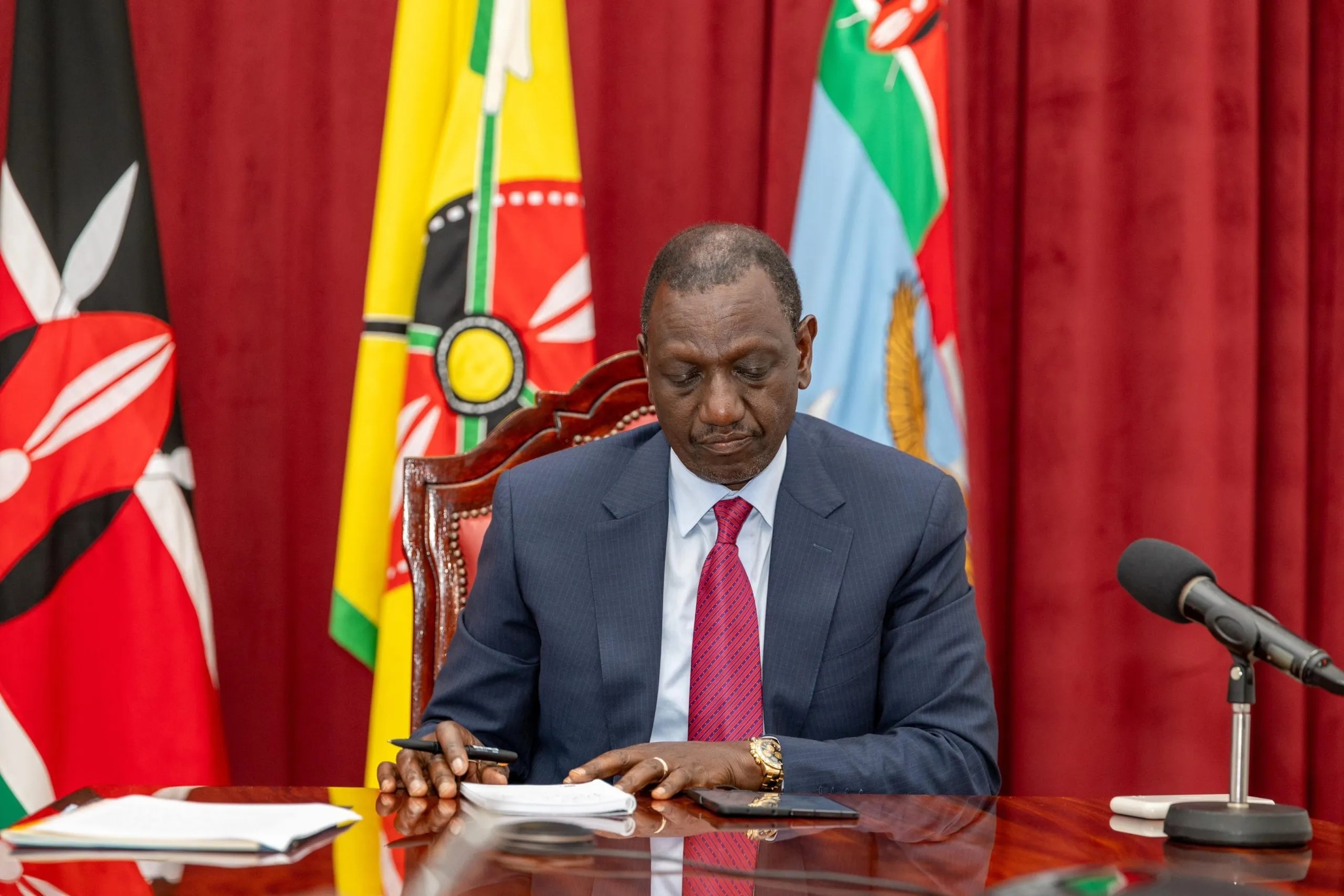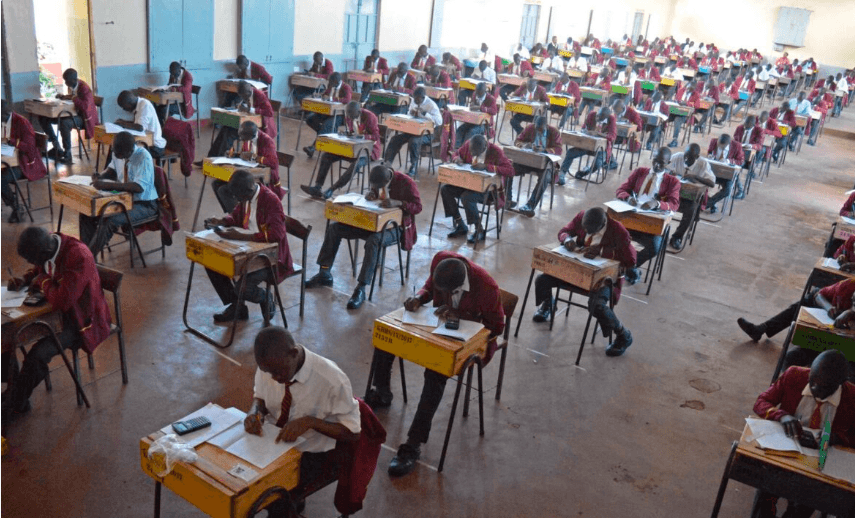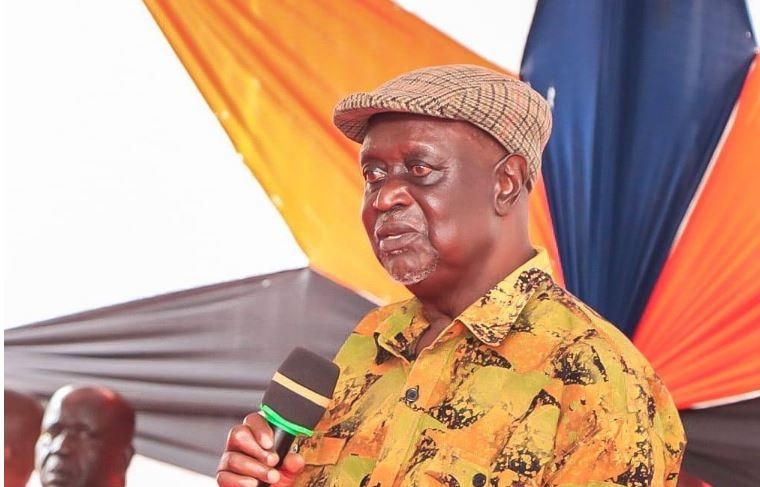Residents of Mombasa city are struggling to quench their thirst as the demand for scarce fresh water rises.
The Mombasa Water and Sewerage Company (Mowasco) is planning to increase supply, which it admits is inconsistent and inadequate.
Meanwhile, enterprising minds have stepped in to fill the gap. However, the need is still there. It is glaring, and unless something is done, this scarcity threatens to jeopardise the health of the more than 2 million residents.
University student Victor Okode lives in the Sparki neighbourhood. For the four years he has been in Mombasa, getting fresh water has been one of his top problems.
Finding water for general use is hard, but harder still and uncertain is finding clean fresh water for consumption. Sometimes he is lucky to get free water from a borehole drilled about 200m from his house. However, that is also not guaranteed.
“The water is given freely because it was drilled by a certain company as part of their community relations project, I suppose,” he says.
“However, whoever is in charge of it is so strict that they open so early and so late: between 6am and 7am, and 6pm and 7pm. Usually, people flock there and we have to do all we can to get some.”
When he misses out on the water, Okode buys from a neighbour who has piped water regulated by Mowasco. Victor says the piped water is not clean, though.
“In fact, I can only use it for washing, cleaning and bathing. You can’t drink as it is sometimes contaminated with mud and other dirt,” he says.
Anthony Njaramba, the managing director of Mowasco, denied they distribute dirty water.
“That is very untrue. We always clean water before pumping it into pipes for distribution. In addition, we also test the water’s cleanliness and hygiene daily,” he said.
The water the company supplies comes from Malindi, Mzima Springs in Tsavo National Park and boreholes in Likoni.
All this water sold in pipes, bottles and elsewhere is dirty. It is only that they add some chemicals to make it look clean, but it is not
TANK WATER
About 50m from Okode’s house is a tank for selling fresh mineral water. The tank is attended to by Shum Mohammed, 58, who is also the proprietor of the business.
Shum started this water business early last year, just when the coronavirus hit the country. She had been an employee at the county government of Mombasa as a sweeper but lost her job when Covid-19 came. That is when she decided to invest in selling the much-craved-for fresh water.
When she bought the tanks, she labelled them ‘Corona’, and drew a mask on them. Her aim was to use the business to educate the public about the novel virus, but they misunderstood the intentions.
“They could come here to fetch water for free, thinking it was provided for by the government,” Shum said.
“I had to erase the marks, and that is when my business started gaining momentum.”
Omar has two water tanks each with a capacity of 10,000 litres. She gets the water from lorries, which sell the commodity around the city.
“I have a driver who brings me water from Kongowea. He brings it every month. I don’t know where he gets the water, but none of my customers has ever complained about the quality, they all love it,” she said.
She cleans her tanks every three months. She sells 10 litres of water at Sh10.
For Fatuma Khamisi, a resident of Sparki, the only water that can be trusted in Mombasa is rainwater.
“All this water sold in pipes, bottles and elsewhere is dirty. It is only that they add some chemicals to make it look clean, but it is not,” she said.
“I especially don’t trust the piped water, and that sold in tanks. I buy from shops or wait for rains to come, then I harvest and store. Rainwater comes from Allah. It is blessed and has healing powers as well.”
Currently, we supply 35,000 cubic metres of water per day, against a demand of 200,000 cubic metres. However, we are planning to get more water from Mwache Dam in Kwale county, Mzima 2 from Tsavo and from desalination in Mombasa
BOOSTING SUPPLY
Mowasco’s Njaramba admits there is a shortage of fresh water supply in Mombasa but says there are plans to remedy the situation.
“Our supply is not consistent, though, because of the high demand and less supply,” he said.
“Currently, we supply 35,000 cubic metres of water per day against a demand of 200,000 cubic metres. However, there are plans to boost our supply by getting more water from Mwache Dam in Kwale county, Mzima 2 from Tsavo and from desalination in Mombasa.”
As thirst bites and pockets run dry, shrewd and unscrupulous businesspeople and companies are fast entering the market, each with their own brand of water.
According to the 2019 census report, Mombasa city has more than 1.2 million people. This is the population that’s being scrambled for as the need to quench thirst persists.
Perhaps the latest entrant to the market is Tumaqua, a product of the Technical University of Mombasa Enterprise Limited (Tumel), the commercial wing of the Technical University of Mombasa.
Tumel’s acting managing director Bernard Nyakundi says the product was launched in 2019 to cater for the increased demand for clean and reliable drinking water.
“We noticed that the market is awash with substandard and unclean water, and so we started producing our water to try to bridge the gap,” Nyakundi said.
“We produce the water through reverse osmosis modern technology, and our water has undergone all testing and been certified by all the necessary bodies, including the Kenya Bureau of Standards.”
Currently, Tumel supplies its water to government agencies and companies. Nyakundi added that there are plans to expand their production plant and also open depots in Mombasa, Kwale and Kilifi counties as the demand increases.
“The biggest challenge in this business is competing with uncertified producers, who sell their products at unreasonably lower prices, thus giving us unfair competition,” he said.
“I hope the authorities could move with speed and stop the illegal businesses.”
Njaramba said Mowasco will soon start controlling the water business in Mombasa.
“Already we have applied for the licence and once we get it, we shall regulate how this business is done,” he said.
Edited by T Jalio

















